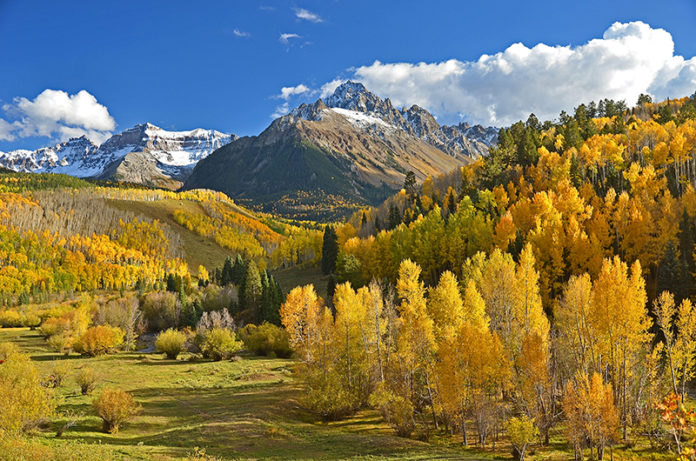This legislative session, Colorado legislators are attempting to create their own digital art, perhaps replacing their own expertise in place of Governor Polis’ Greenhouse Gas Roadmap. At the same time, legislators are attempting to create their own cryptocurrency to fund a more expansive Air Quality Control Division with new fees for GHG emissions and new programs. Several bills have been introduced this legislative session not only pushing Governor Polis to move faster to reduce GHG emissions, but also create new climate initiatives regulating nearly all sectors of Colorado’s economy.
Legislators and climate activists complain about Governor Polis’ Administration, particularly the Air Quality Control Commission’s slow progress promulgating rules reducing GHG emissions. Rather than roll up their sleeves and become active stakeholders at the Air Quality Control Commission, advocates of legislation would rather simply repeat the same testimony given in 2019 demanding immediate action to “solve Colorado’s climate emergency.” Maybe this is an organizing political tool, but it does not inform the policy debate. Perhaps proponents of this year’s legislation believe reinventing Colorado’s climate policy will lead to creation of their own NDF, non-fungible token.
Perhaps the most opportunistic legislator expressing faux outrage is Senator Kerry Donovan (D-Eagle County) who expressed: “I am highly frustrated where we are now. Let’s say we’re going to figure it out and do it. Or let’s stop saying we’re going to do it.” Senator Donovan happens to be running for Congress in the 2022 election cycle.
Will Toor, Director of the Colorado Energy Office has clearly expressed Governor Polis’ “strong” opposition to Senate Bill 200. Toor and the Governor express satisfaction that state agencies and the Colorado Air Quality Control Commission have satisfactorily undertaken regulatory actions directed by the General Assembly two years ago. Take a moment to read Will Toor’s letter opposing Senate Bill 200; we wish legislators would do the same. No matter your view of Governor Polis’ Greenhouse Gas Roadmap or energy policy, Mr. Toor presents an organized and thoughtful review of Colorado’s efforts to reduce GHG emissions.
I want CMA members to understand the dynamics of the public policy debate concerning climate and energy policy in Colorado. Very clearly, Governor Polis has already accomplished his goal of transitioning Colorado’s energy portfolio to one using far more renewable energy, especially electric generation. More is to come.
CMA has expressed its concerns to legislators and Governor Polis about the speed and breadth of this transition, but we acknowledge damage to Colorado’s coal industry started occurring in 2010 with the passage of legislation mandating the conversion of Denver area power plants from coal to natural gas. We have also urged policy makers to take costs into consideration when adopting policies allowing electric utilities such as Xcel Energy to pass costs of new programs such as vehicle recharging to customers whether large or small.
I also want the CMA membership to know that we engage positively with the Polis Administration on implementation of their climate goals. Central to that working relationship is the fact that Will Toor has met twice with CMA as the Greenhouse Gas Roadmap was formulated and he has responded to questions and concerns quickly via email.
Colorado may be creating its own electrical grid NFT and, like Bitcoin and other digital currency, we do not know how Colorado will fare when it’s time to settle the bill. Pueblo County officials already fret about their ability to pay back bonds issued to support infrastructure based upon property tax receipts generated by Commanche Unit III, a unit not scheduled to be closed until at least 2040. Legislation introduced this session originally intended to speed up that closure significantly.
Stay engaged in this policy debate. Governor Polis and legislators need to hear from you through CMA and individually as Coloradoans. No matter the outcome of the debate between Colorado legislators and Governor Polis, Colorado, particularly its rural communities, can’t afford to make the wrong choices when it comes to its energy future.







